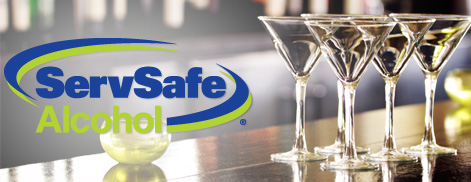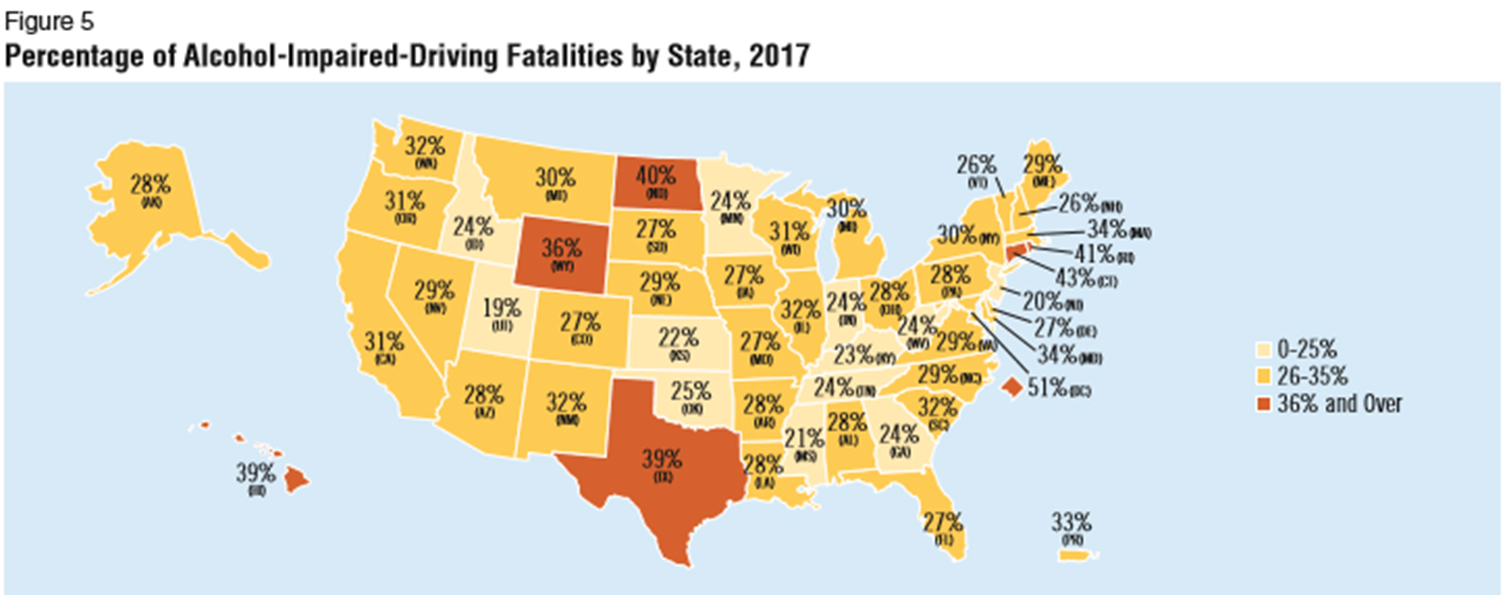How to Pass the servsafe alcohol certification Exam with Ease and Success
How to Pass the servsafe alcohol certification Exam with Ease and Success
Blog Article
Master Accountable Alcohol Service With Comprehensive Qualification Programs
The proficiency of responsible alcohol solution is not simply a governing demand; it is a fundamental aspect that enhances the track record and operational honesty of facilities within the hospitality sector. Comprehensive accreditation programs supply vital insights into neighborhood laws, reliable intervention methods, and consumer engagement techniques. By spending in these training campaigns, companies can cultivate a society of responsibility among their personnel, mitigating threats and enhancing customer fulfillment. Nonetheless, the path to effective application and its lasting advantages might not be as straightforward as it seems. What difficulties exist in advance for those that seek to elevate their service requirements?

Value of Responsible Alcohol Solution
Liable alcohol service is vital to promoting public wellness and security in facilities that serve alcoholic drinks. It incorporates a variety of methods developed to stop the overconsumption of alcohol, lower the danger of alcohol-related harm, and guarantee a risk-free atmosphere for patrons and personnel alike. By upholding responsible solution standards, facilities can minimize prospective cases of intoxication, which may cause mishaps, physical violence, or various other unfavorable end results.
Furthermore, liable alcohol service enhances the overall consumer experience. Additionally, establishments that stick to responsible solution practices frequently experience reduced insurance policy premiums and reduced lawful obligations.
Moreover, implementing accountable alcohol service techniques aligns with more comprehensive public health efforts aimed at minimizing drug abuse and advertising neighborhood health. This positive strategy not only safeguards specific clients however likewise adds to a healthier culture. Inevitably, liable alcohol service is not merely a legal obligation; it represents an ethical commitment to the well-being of consumers and the community at big.
Trick Components of Accreditation Programs
Qualification programs for responsible alcohol solution generally include numerous vital elements developed to gear up staff with the needed skills and knowledge to serve alcohol safely. These programs frequently consist of extensive training on neighborhood and state alcohol laws, guaranteeing that individuals understand their legal responsibilities and the consequences of stopping working to conform.
An additional crucial component is the recognition of indications of intoxication - servsafe food handlers card. Personnel are trained to recognize behavior cues suggesting when a client may be over-served, allowing them to intervene properly
Furthermore, reliable communication methods are emphasized, educating team just how to engage with consumers in a manner that advertises liable drinking. This consists of training in problem resolution techniques, enabling team to take care of hard situations steadly and properly.
In addition, programs regularly include functional circumstances and role-playing workouts, supplying individuals with real-life examples to practice their skills. Recurring education and resources are essential for keeping understanding and abilities over time, as guidelines and finest methods develop. With their explanation each other, these components develop a detailed structure that empowers staff to foster a more secure alcohol consumption environment while lessening liability for establishments.
Benefits for Personnel and Establishments
Staff and facilities alike reap considerable advantages from joining liable alcohol solution accreditation programs. For staff, these programs improve understanding and skills connected to alcohol service, equipping them to recognize indications of drunkenness and implement efficient intervention strategies. This training not only fosters a sense of self-confidence among workers yet likewise advertises a culture of safety and security and obligation in the office.
For establishments, buying accreditation programs can cause minimized liability and fewer cases connected to over-serving. By making certain that staff are well-trained in accountable solution practices, establishments can alleviate threats connected with alcohol-related events, consequently protecting their credibility and economic security. Numerous jurisdictions use motivations, such as additional info reduced insurance policy costs, for licensed facilities.
In addition, implementing certified practices can improve customer complete satisfaction and loyalty. Customers are most likely to return to venues that prioritize their safety and well-being. Ultimately, a commitment to responsible alcohol solution not just grows a favorable atmosphere however also enhances the overall functional performance of facilities, making it a wise investment for long-term success in the friendliness sector.
Typical Difficulties in Alcohol Service
Ensuring reliable alcohol solution is not without its difficulties, even in facilities devoted to accountable practices. One significant obstacle is the requirement for staff to properly examine clients' alcohol usage levels. servsafe food handlers card. This calls for a keen understanding of how numerous aspects, such as food intake, resistance, and private differences, affect intoxication
In addition, the stress to make best use of sales can contravene responsible solution protocols. Staff members may face problems in refusing solution to intoxicated people, particularly in social settings where peer pressure and assumptions are common.
An additional difficulty is remaining updated with neighborhood laws and guidelines relating to alcohol service. Conformity is critical, yet constant changes in regulations can create confusion and might lead to unintended violations.
Training programs might not always cover the nuances of real-world circumstances, leaving staff ill-equipped to take care of complex circumstances. Irregular communication between monitoring and employees concerning assumptions for liable service can even more aggravate these issues.
To navigate these difficulties properly, establishments should promote a setting of support, emphasizing the significance of liable solution while providing the required tools and training for personnel to prosper.
Actions to Get Qualification
To obtain Responsible Alcohol Service Accreditation, applicants commonly start by researching the specific requirements mandated by their local regulatory authorities. These demands may vary considerably depending upon the region, so it is necessary to acquaint oneself with the pertinent regulations and laws.

After choosing find more information a program, candidates should finish the requisite training, which usually covers topics such as recognizing intoxication, comprehending lawful responsibilities, and applying techniques for accountable solution. Participants must proactively engage with the material, as this expertise is vital for efficient alcohol solution.

Following training, candidates normally take an exam to assess their understanding of the material. Effective conclusion of this analysis results in certification.
Final Thought
In verdict, understanding liable alcohol service through extensive accreditation programs is necessary for advertising safety and security and boosting consumer experiences within the friendliness sector. By outfitting team with the essential expertise and abilities, facilities not only mitigate risks connected with overconsumption and legal obligations but also cultivate a culture of duty. This commitment to responsible service ultimately causes raised consumer commitment and functional success, strengthening the importance of ongoing training and adherence to alcohol solution criteria.
Report this page